Optimal Timing for Waterproofing Services
Waterproofing is a crucial process to prevent water intrusion and protect structures from moisture-related damage. Proper timing ensures maximum effectiveness and durability of waterproofing systems, minimizing future repair costs and structural issues.
Spring is ideal for waterproofing projects due to moderate temperatures and lower humidity, which promote proper curing and adhesion of waterproofing materials.
Summer offers longer days and warmer weather, facilitating quicker application and drying times, especially in exterior projects.
Fall provides cooler temperatures and less rainfall, reducing the risk of moisture interference during application.
Winter is generally less suitable due to freezing temperatures and snow, which can compromise the integrity of waterproofing materials if not properly managed.
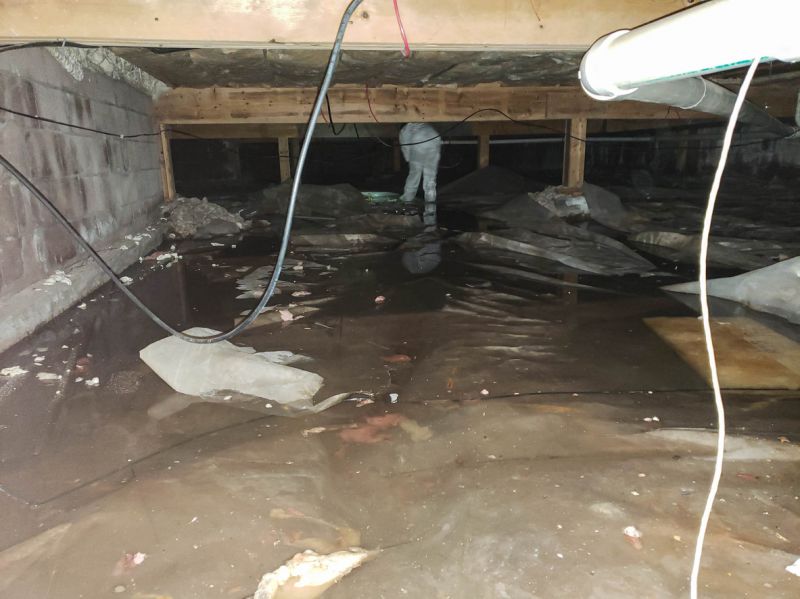
Ways to make Waterproofings work in tight or awkward layouts.
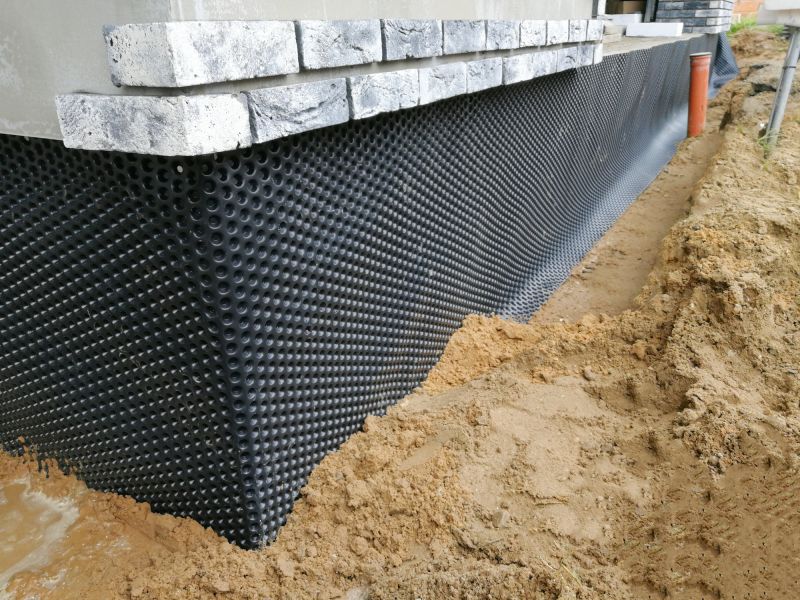
Popular materials for Waterproofings and why they hold up over time.
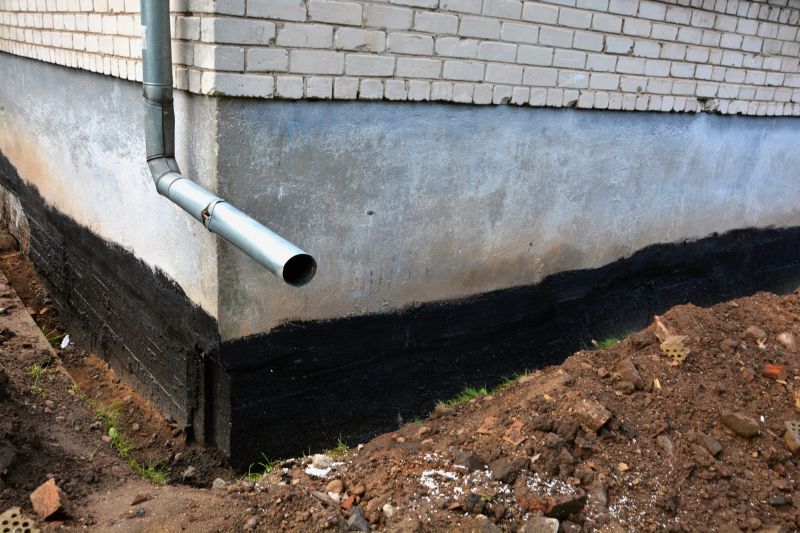
Simple add-ons that improve Waterproofings without blowing the budget.
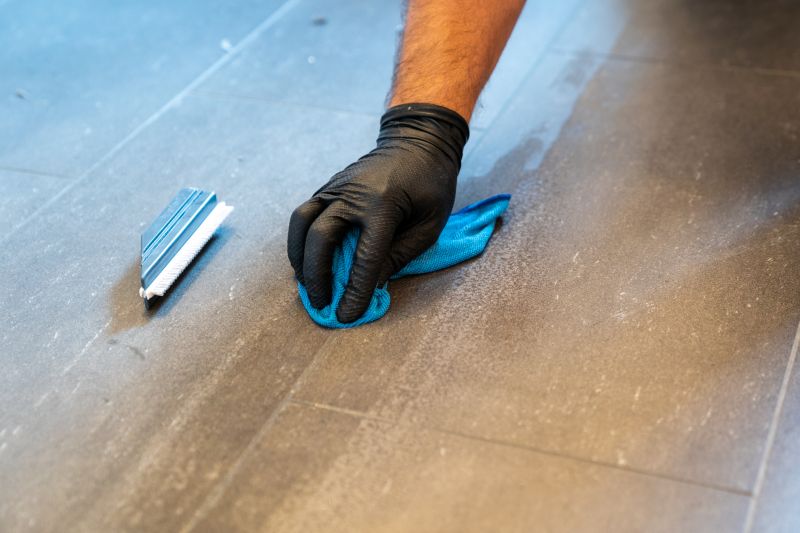
High-end options that actually feel worth it for Waterproofings.
Waterproofings involve applying specialized materials to prevent water penetration in foundations, roofs, walls, and other critical areas. These systems are vital for maintaining structural integrity, reducing mold growth, and protecting interior spaces from water damage. Modern waterproofing solutions include liquid membranes, sheet membranes, sealants, and coatings, each suited for different applications and environmental conditions.
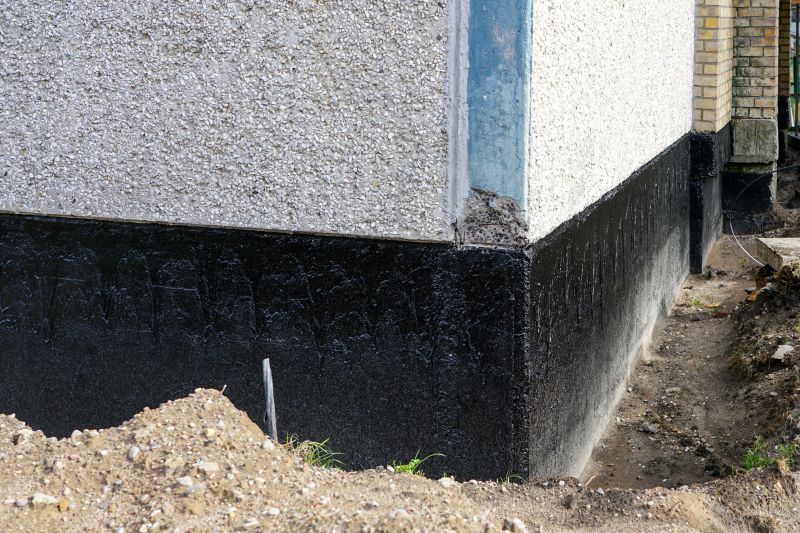
Finishes and colors that play nicely with Waterproofings.
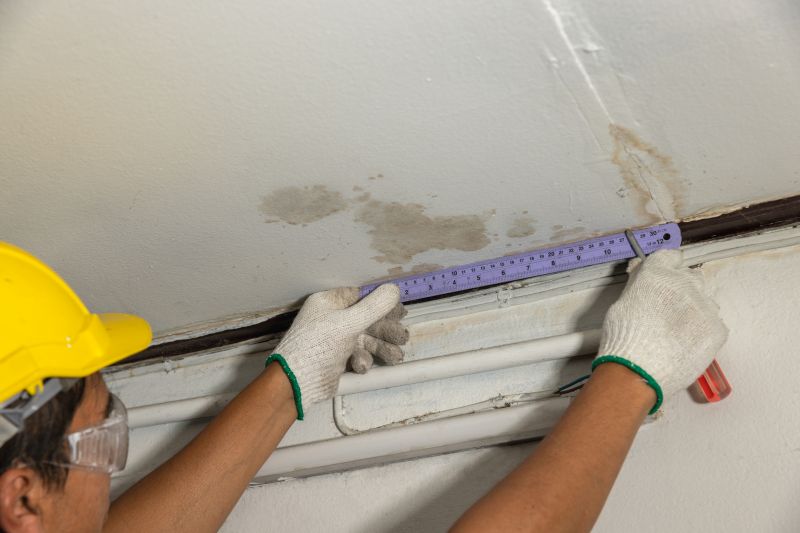
Little measurements that prevent headaches on Waterproofings day.
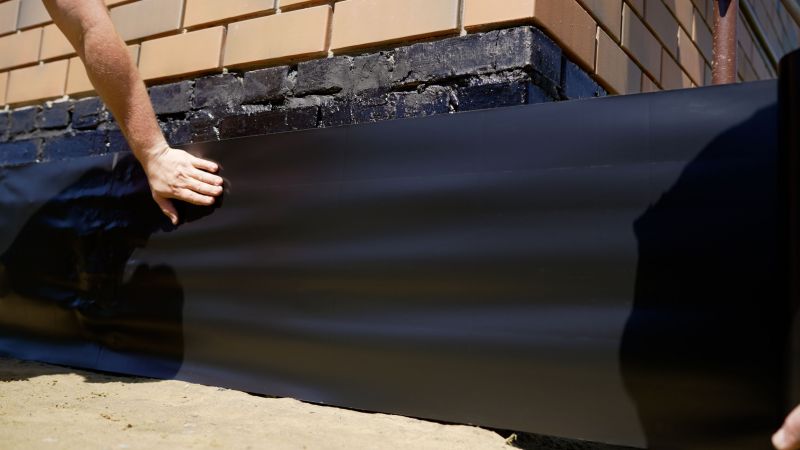
A 60-second routine that keeps Waterproofings looking new.
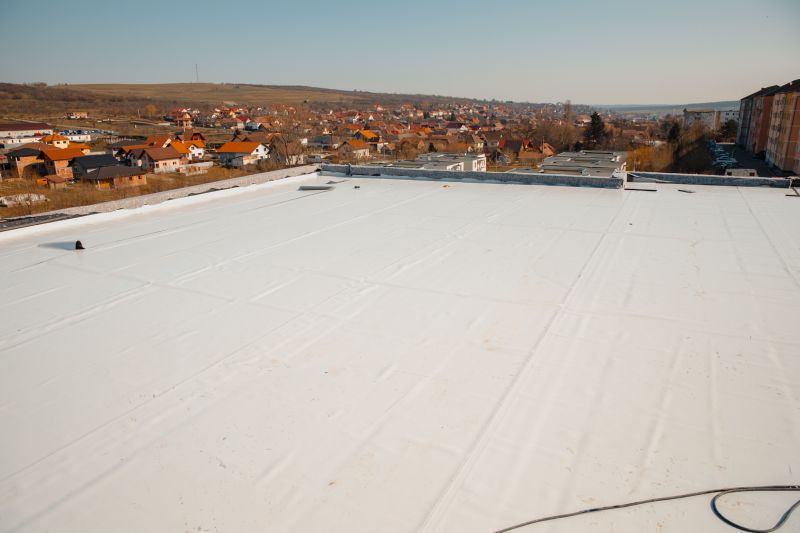
A frequent mistake in Waterproofings and how to dodge it.
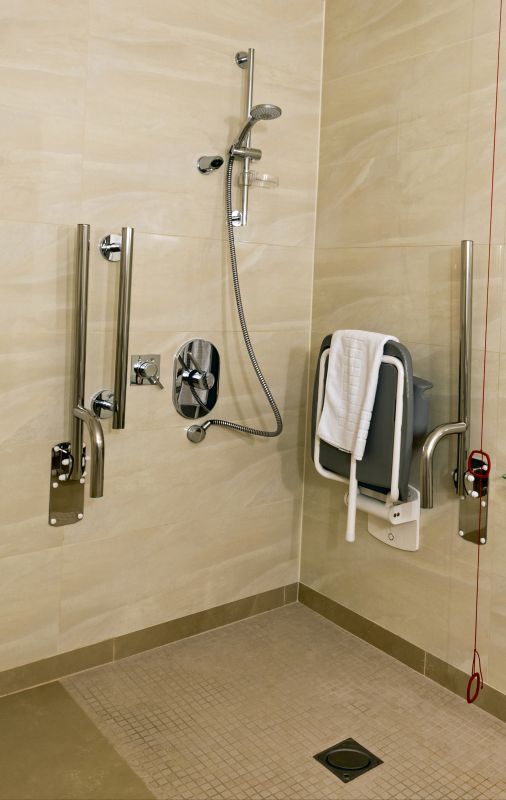
Small tweaks to make Waterproofings safer and easier to use.
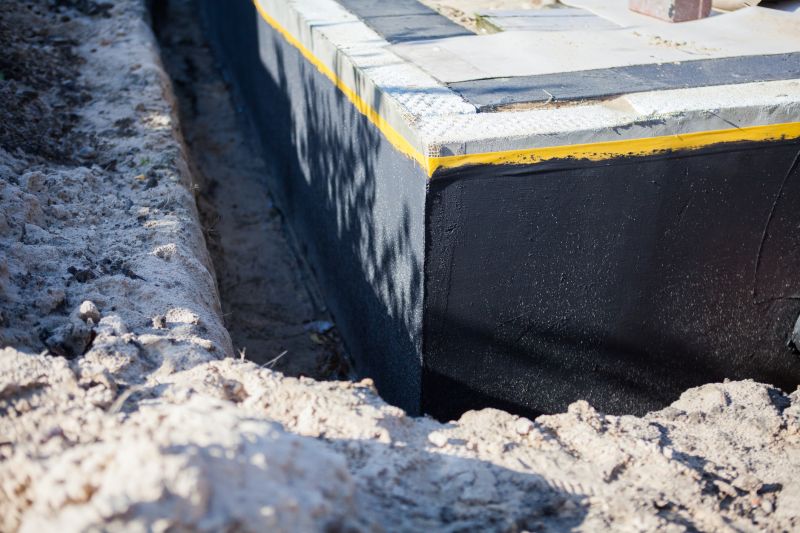
Lower-waste or water-saving choices for Waterproofings.
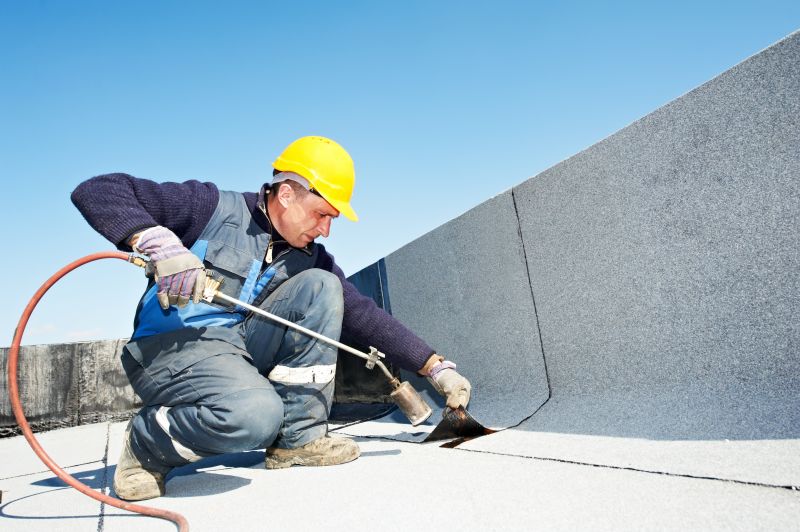
The short, realistic tool list for quality Waterproofings.
| Season | Optimal Conditions |
|---|---|
| Spring | Moderate temperatures, low humidity |
| Summer | Warm weather, longer days |
| Fall | Cool temperatures, dry weather |
| Winter | Freezing temperatures, snow |
| Post-Construction | Structures are settled, weather is suitable |
Choosing the right time for waterproofing ensures the longevity and effectiveness of the system. Proper application during optimal weather conditions reduces the risk of failures and enhances the protective qualities of waterproofing materials. Consulting with professionals can help determine the best timing based on specific project requirements and local climate patterns.
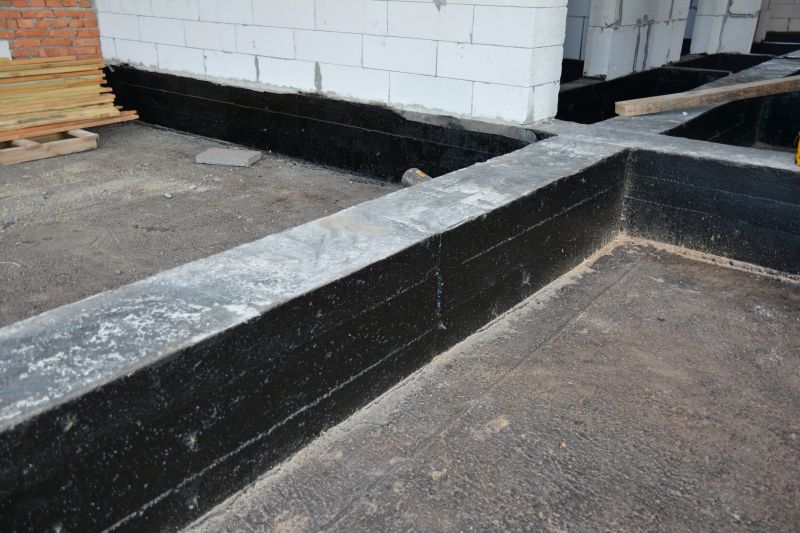
Rough timing from prep to clean-up for Waterproofings.
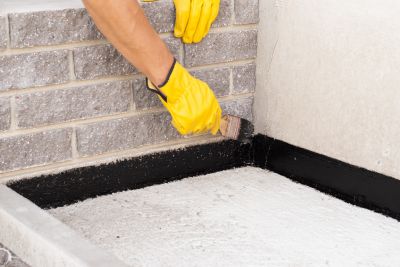
Quick checks and paperwork to keep after Waterproofings.
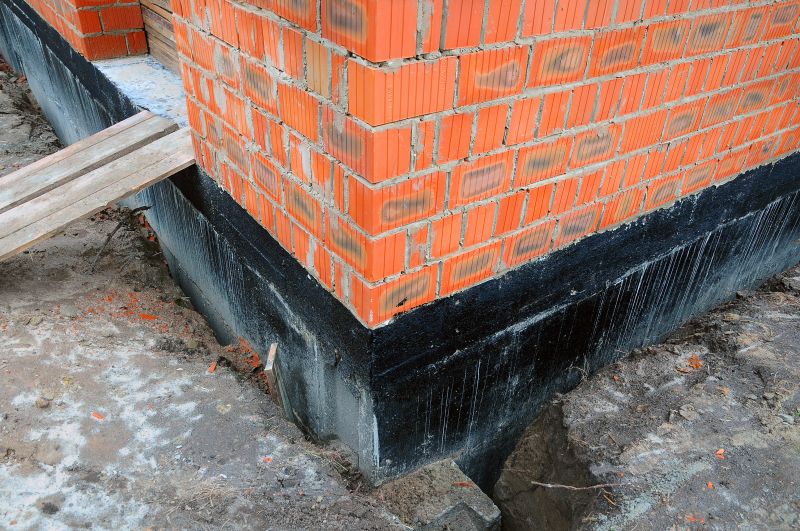
Examples that show the impact a good Waterproofings can make.
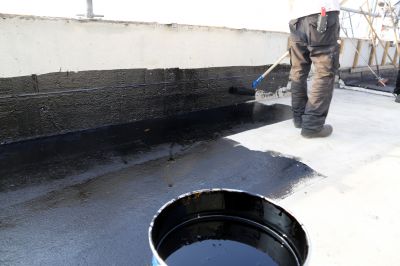
Ways to make Waterproofings work in tight or awkward layouts.
Interested in waterproofing services? Filling out the contact form can provide additional information and assistance tailored to specific project needs. Proper timing and application are essential for long-term protection against water intrusion and structural damage.

